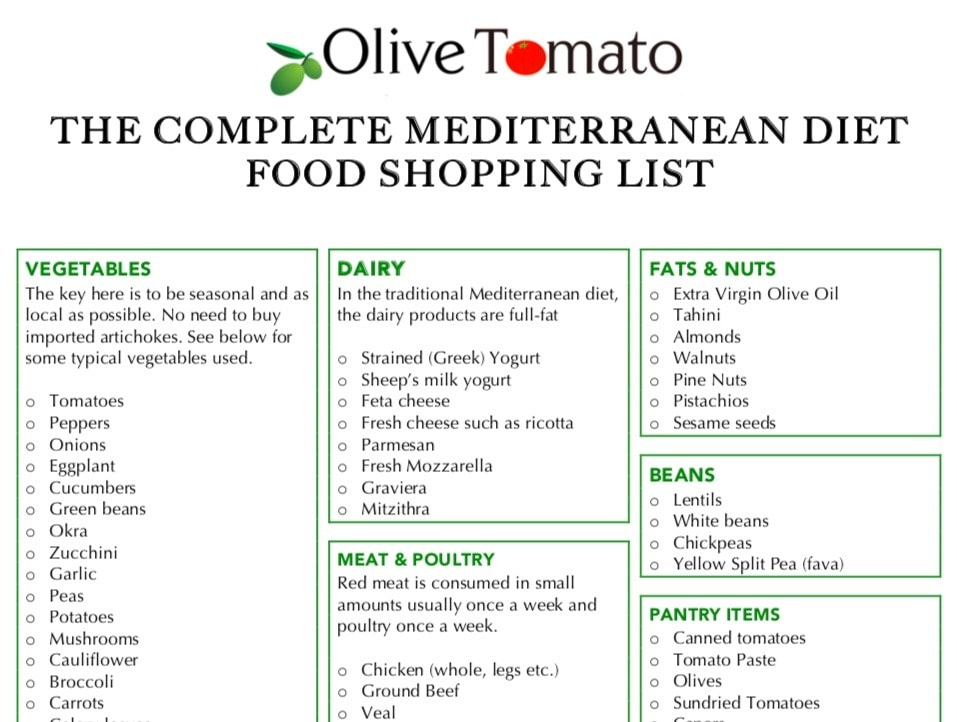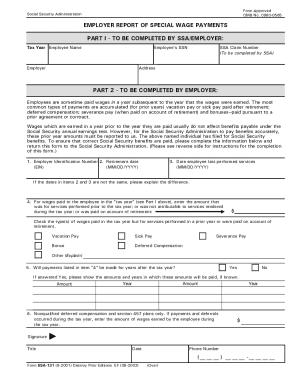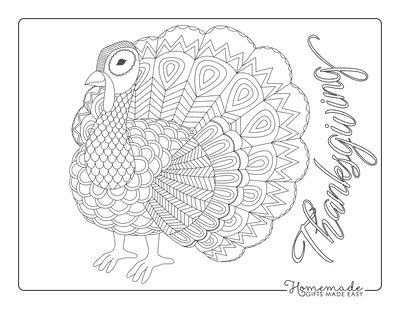Mediterranean Diet Food List Printable: A Comprehensive Guide to Healthy Eating
Embark on a culinary journey of health and well-being with the Mediterranean diet, a time-honored approach to nutrition that has stood the test of time. Renowned for its delectable flavors, this dietary pattern draws inspiration from the traditional cuisines of countries bordering the Mediterranean Sea. By embracing the Mediterranean diet, you’ll not only tantalize your taste buds but also reap a multitude of health benefits, including reduced risk of chronic diseases, improved cognitive function, and enhanced overall well-being.
This comprehensive guide will provide you with an in-depth understanding of the Mediterranean diet, empowering you to make informed choices about your dietary habits. We’ll delve into the principles and health benefits of this nutritional approach, explore the various food groups and their recommended proportions, and equip you with a printable food list that categorizes foods according to the Mediterranean diet guidelines. Additionally, we’ll offer practical meal planning tips and delve into the holistic lifestyle considerations that complement the Mediterranean diet.
Mediterranean Diet Food List Printable

Wagwan, fam! Check out this peng ting Mediterranean Diet Food List Printable. It’s got all the grub you need to get that bod on point, innit?
Fruits
Load up on these bad boys: apples, bananas, berries, cherries, figs, grapes, melons, oranges, peaches, pears, and plums.
Veggies
Get your greens on with: artichokes, asparagus, aubergine, broccoli, Brussels sprouts, cabbage, carrots, cauliflower, celery, cucumbers, garlic, leeks, lettuce, mushrooms, onions, peppers, potatoes, spinach, and tomatoes.
Nuts and Seeds
Snack on these nutty nibbles: almonds, cashews, hazelnuts, macadamia nuts, peanuts, pecans, pistachios, pumpkin seeds, sesame seeds, and sunflower seeds.
Dairy
Go for low-fat options like: cheese, milk, and yogurt.
Fish
Swim into these fishy choices: anchovies, bass, bream, cod, haddock, halibut, herring, mackerel, plaice, salmon, sardines, sea bass, sea bream, swordfish, and tuna.
Meat
Keep it lean with: chicken, lamb, and turkey.
Oils
Drizzle on some of these healthy oils: olive oil, rapeseed oil, and sunflower oil.
Drinks
Quench your thirst with: water, tea, and coffee.
Herbs and Spices
Spice up your life with: basil, bay leaves, cinnamon, cloves, coriander, cumin, dill, fennel, ginger, mint, oregano, paprika, parsley, rosemary, saffron, sage, thyme, and turmeric.
Helpful Answers
What are the key principles of the Mediterranean diet?
The Mediterranean diet emphasizes the consumption of whole, unprocessed foods, such as fruits, vegetables, whole grains, and lean protein sources. It also encourages the use of healthy fats, such as olive oil, and limits the intake of processed foods, sugary drinks, and red meat.
What are the health benefits of following the Mediterranean diet?
Research has linked the Mediterranean diet to a reduced risk of chronic diseases such as heart disease, stroke, type 2 diabetes, and some types of cancer. It may also improve cognitive function, reduce inflammation, and promote overall well-being.
How can I incorporate the Mediterranean diet into my lifestyle?
Start by gradually incorporating more fruits, vegetables, and whole grains into your meals. Choose lean protein sources, such as fish, poultry, or beans, and use olive oil as your primary cooking fat. Limit your intake of processed foods, sugary drinks, and red meat.
What are some sample meal ideas that follow the Mediterranean diet?
For breakfast, try oatmeal with berries and nuts, or a whole-wheat toast with avocado and eggs. For lunch, opt for a salad with grilled chicken, quinoa, and vegetables, or a lentil soup with whole-wheat bread. For dinner, consider grilled salmon with roasted vegetables and brown rice, or a vegetarian pasta dish with plenty of vegetables and olive oil.
How can I make the Mediterranean diet more sustainable?
Choose local and seasonal produce whenever possible. Opt for sustainably sourced seafood and lean protein sources. Reduce food waste by planning your meals ahead of time and using leftovers creatively.



